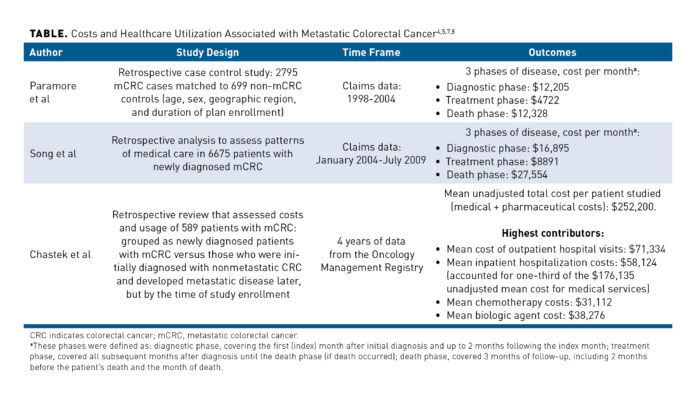
The Rising Cost of Colon Cancer Treatment: Challenges and Solutions
Colon cancer is one of the most prevalent types of cancer and a leading cause of cancer-related deaths worldwide. Unfortunately, the cost of treating this disease has been on the rise, posing significant challenges for patients, healthcare providers, and policymakers alike. This article will explore the reasons behind the increasing cost of colon cancer treatment and discuss potential solutions to address this issue.
One of the primary factors contributing to the rising cost of colon cancer treatment is the rapidly evolving landscape of medical technologies and therapies. Over the past decades, significant advancements have been made in the detection, diagnosis, and treatment of colon cancer. New diagnostic tests, such as genomic profiling and liquid biopsies, have provided physicians with more accurate tools to identify and monitor cancer progression. Innovative treatment options, including targeted therapies and immunotherapies, have shown promising results in improving patient outcomes.
While these advancements have undoubtedly benefited patients, they come at a steep price. The development and commercialization of these cutting-edge technologies require extensive research and development, regulatory approval, and substantial investments. Pharmaceutical companies and medical device manufacturers often pass on these costs to patients in the form of high treatment costs. Consequently, the introduction of new and expensive treatments has led to a significant increase in the overall cost of colon cancer care.
Another significant factor contributing to the rising cost of colon cancer treatment is the growing incidence and prevalence of the disease. According to the World Health Organization, colon cancer is the third most common cancer worldwide, with over 1.8 million new cases reported in 2018. The rising incidence of colon cancer puts a strain on healthcare resources and increases the demand for cancer-related services. This increased demand, coupled with limited healthcare resources, can lead to higher prices for treatments and medications.
Moreover, access to affordable healthcare remains a major challenge for many patients diagnosed with colon cancer. In countries with inadequate healthcare systems, patients often face significant barriers to accessing quality treatment. Lack of insurance coverage or high deductibles can force individuals to forgo or delay necessary treatments, leading to worsened patient outcomes and higher healthcare costs in the long run.
To address these challenges, several solutions are being explored. One approach is to promote greater transparency in pricing. Currently, there is a lack of transparency in the healthcare system, making it challenging for patients to understand the cost implications of different treatment options. By providing clearer information on treatment costs and potential financial assistance programs, patients can make more informed decisions about their care.
Additionally, efforts to improve the efficiency of healthcare delivery can help reduce the cost burden of colon cancer treatment. Streamlining administrative processes, implementing electronic health records, and promoting collaboration among healthcare providers can lead to cost savings and improved patient outcomes. Moreover, investing in preventive measures, such as promoting a healthy lifestyle and implementing early screening programs, can help identify colon cancer at an earlier stage when treatments are generally more effective and less expensive.
Furthermore, policymakers need to explore strategies to control the pricing of cancer treatments. Negotiating drug prices, promoting competition in the pharmaceutical market, and expanding access to generic medications can contribute to lowering treatment costs. Collaborative efforts between governments, healthcare providers, and pharmaceutical companies are crucial to ensuring affordable access to life-saving colon cancer treatments.
In conclusion, the rising cost of colon cancer treatment presents significant challenges for patients, healthcare providers, and policymakers. The increasing cost is driven by advancements in medical technologies, the growing incidence of colon cancer, and limited access to affordable healthcare. To address this issue, solutions such as promoting pricing transparency, improving healthcare delivery efficiency, and controlling treatment costs must be explored. By implementing these measures, we can strive towards providing accessible and affordable care for individuals diagnosed with colon cancer.

















